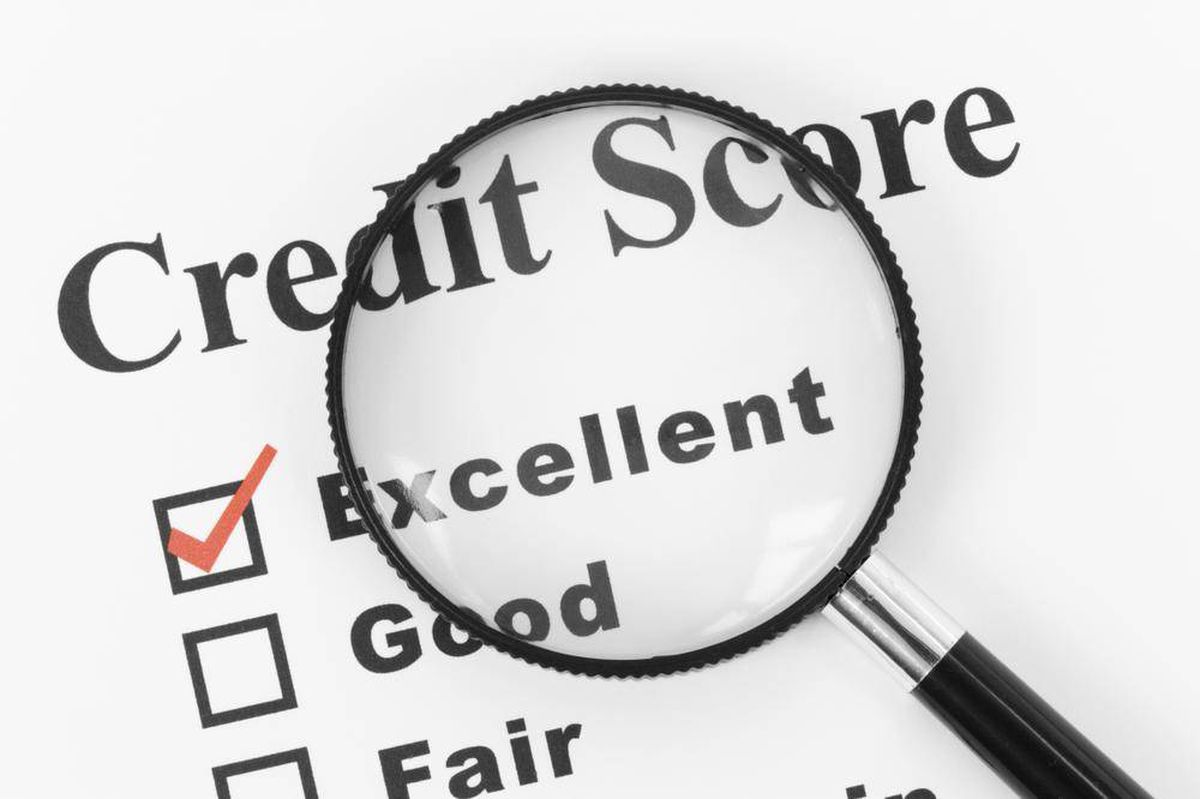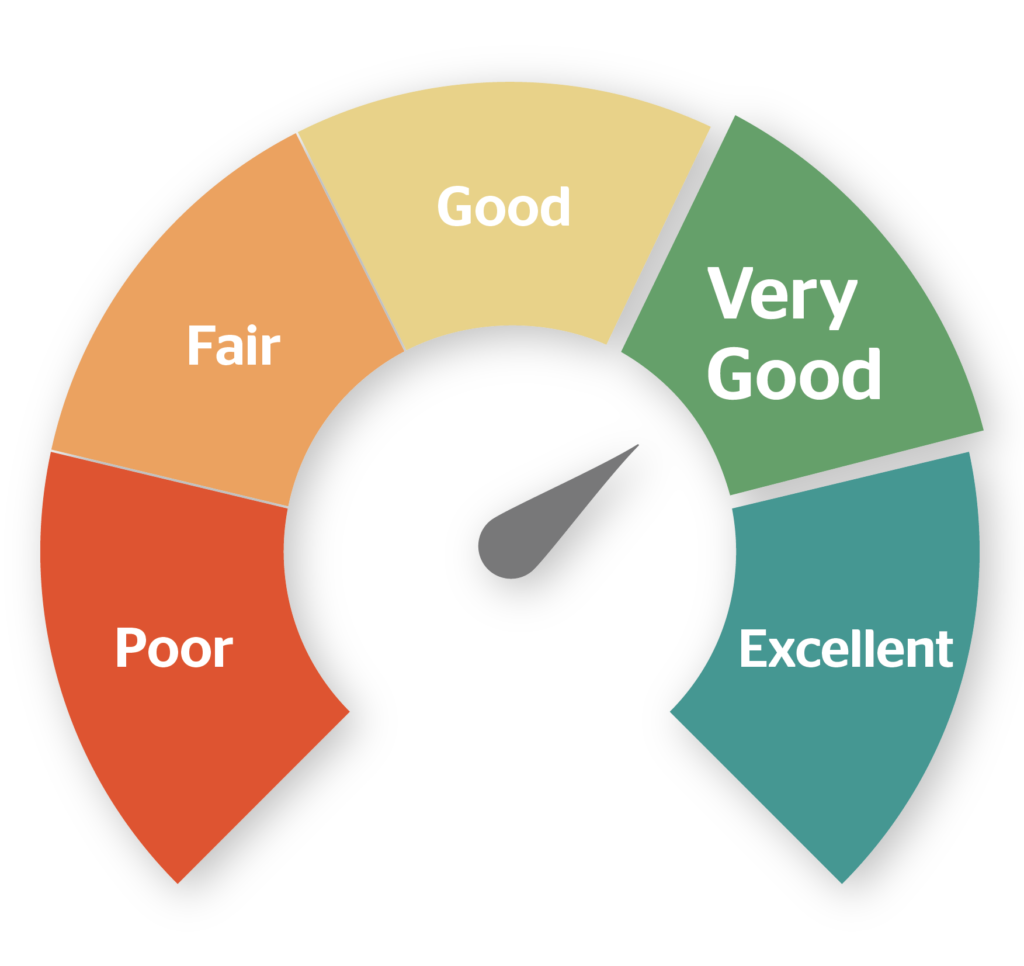
Extending credit is a risk analysis industry. A credit score is an attempt to predict risk. Therefore, even if a business has good credit, the credit of those who own the business as individuals can influence lending.
This makes sense when you understand what makes up a credit analysis and why lenders lend, and what terms they attach to their lending. It is important to understand that a credit profile is a mosaic of all of the data lenders can accumulate. Therefore, business funding depends on your personal credit score. Here are several things to understand about business and personal credit.
Credit Scores Are Risk Analysis
A credit score reflects behavior as well as circumstance. If a person pays their bills on time, reliably and consistently over time, their behavior is considered low risk. These actions reflect a profile of someone who is responsible and cares about their responsibilities. Lenders and rating agencies love this.
This isn’t the only factor, however. Sometimes responsible people get over-leveraged. For example, a person might have to take out a second mortgage on their home to pay for an unforeseen expense. Then, the housing market crashes, leaving the individual with more debt than asset.
This doesn’t necessarily reflect poorly on their behavior profile, but it can reflect poorly on their circumstances profile. Even though a lender might believe in the person’s intentions and character, they must feel confident the person is in a position to repay the loan. Circumstances can paint a picture of risk that can lower your credit score and therefore your borrowing power.
Risk Can Bleed
The reason this can affect a business, which otherwise has a high credit score, a low risk profile and a good asset to credit ratio is due to the potential for personal risk bleeding into the business. For example, the business is operating at a profit, with little outstanding debt, good assets and income. Most banks would feel comfortable lending to such a business. However, if it is discovered that a principal owner in the business has amassed a large gambling debt, and it is reasonable that the loan is due to that debt or might be used to satisfy that debt, the business might be determined to be risky, even if otherwise solid.
Some might say that I’m suggesting that the owner would embezzle the loaned money and that is an unreasonable assumption. But that doesn’t have to be the case. An individual, with poor credit but running a business with good credit, could borrow the money from the business that the business borrowed from the lender. Because of such potential scenarios, credit profiles are complex and reflect as much data as can be gathered.
How to Fix Injured Credit
If you are an individual with lower than preferred credit, there are some ways to improve your credit score and your profile.
- Use credit cards for bills but pay off the balance every month. In order to build credit, you have to use your credit. A good way to do this is by using your credit card (responsibly) every month to take care of normal expenses, like gas, groceries and bills. You were going to spend that money anyway. You pay them with the credit card, then the next month you pay off your credit card balance in full. This builds your credit, and with most credit cards, you get an interest free loan (most credit cards don’t apply interest on the first month of borrowing). The money to pay off the credit card should be in your bank account because it was the money you would have used for groceries, gas, bills, etc. anyway.
- Don’t borrow more than 50 percent of available line (Ideally under 30 percent) When you borrow money (yes, this includes using your credit cards) you trigger scrutiny on your borrowing habits. When you max out credit cards or lines of credit, you send signals to lenders that you are in need of more money than you have. When you borrow under 50 percent you tell lenders that you have more credit available to you than you need and you are responsible with your lines of credit. Using some of your credit, but not all, creates constant signals to lenders that you are low risk.
- Pay on time (Don’t miss payments) Super duh, but it is real. This shouldn’t even have to be written, but people often underestimate the importance of paying their credit card bills on time. Sometime you might have to juggle some payments and borrow from yourself, but make sure payments are made on time. When you do this, you avoid the red flags that sink your credit scores.
- Keep Old Lines Of Credit Opening a new line of credit is perceived as a risk or at least something to monitor. If you have an old line of credit (an old credit card, student loans, mortgages), even if they have a zero balance and have forever, their tenure is valuable. Having established lines of credit give credibility to your ability to manage credit. New lines create new questions.
Unless you are cash rich, you need credit to succeed to any real degree in our economy. This includes your personal credit along with your business credit. And if you ever need to fund your business through borrowing, make sure your personal credit score is high. Because even if your business has a great credit profile, your personal profile could cause you some borrowing grief.

